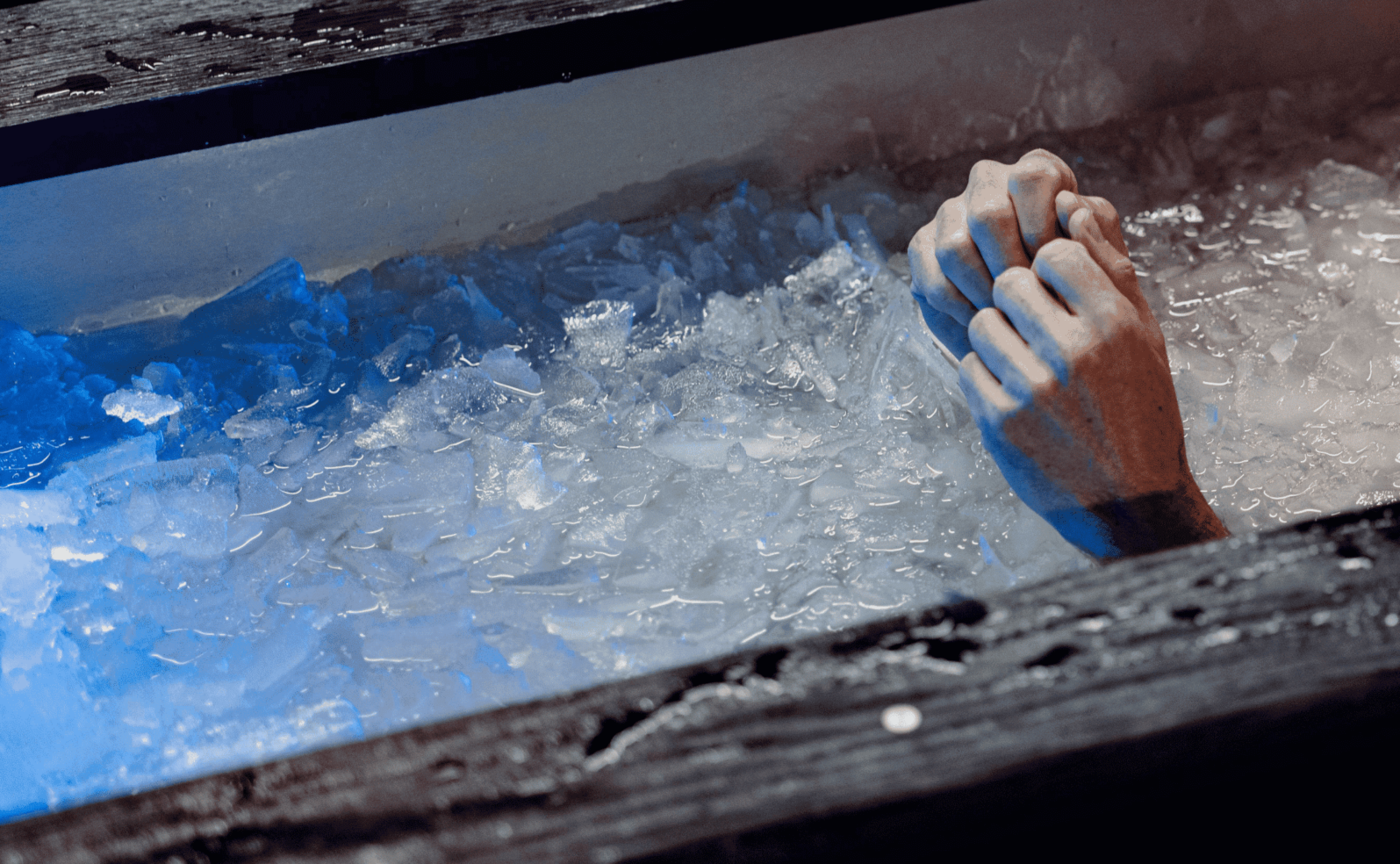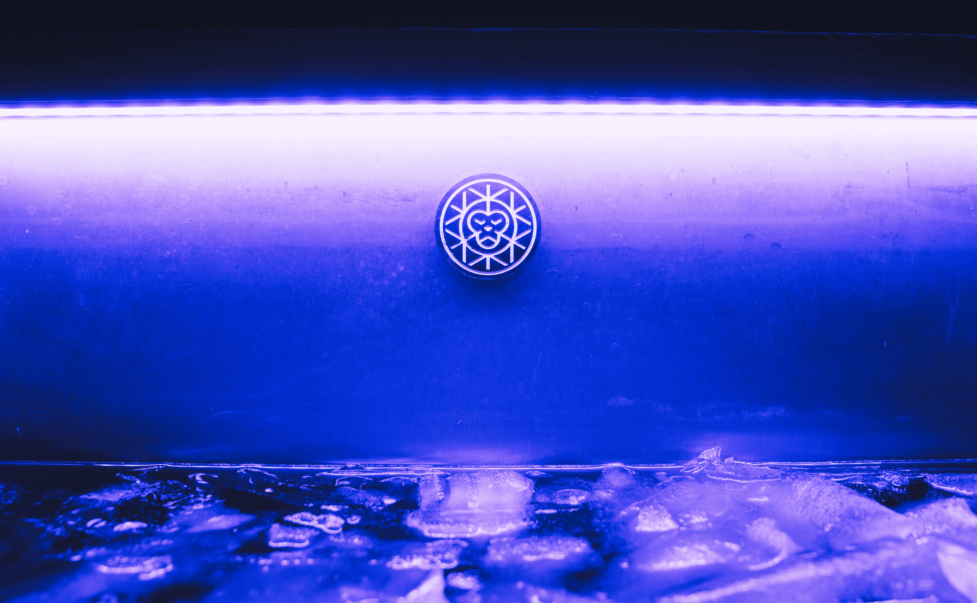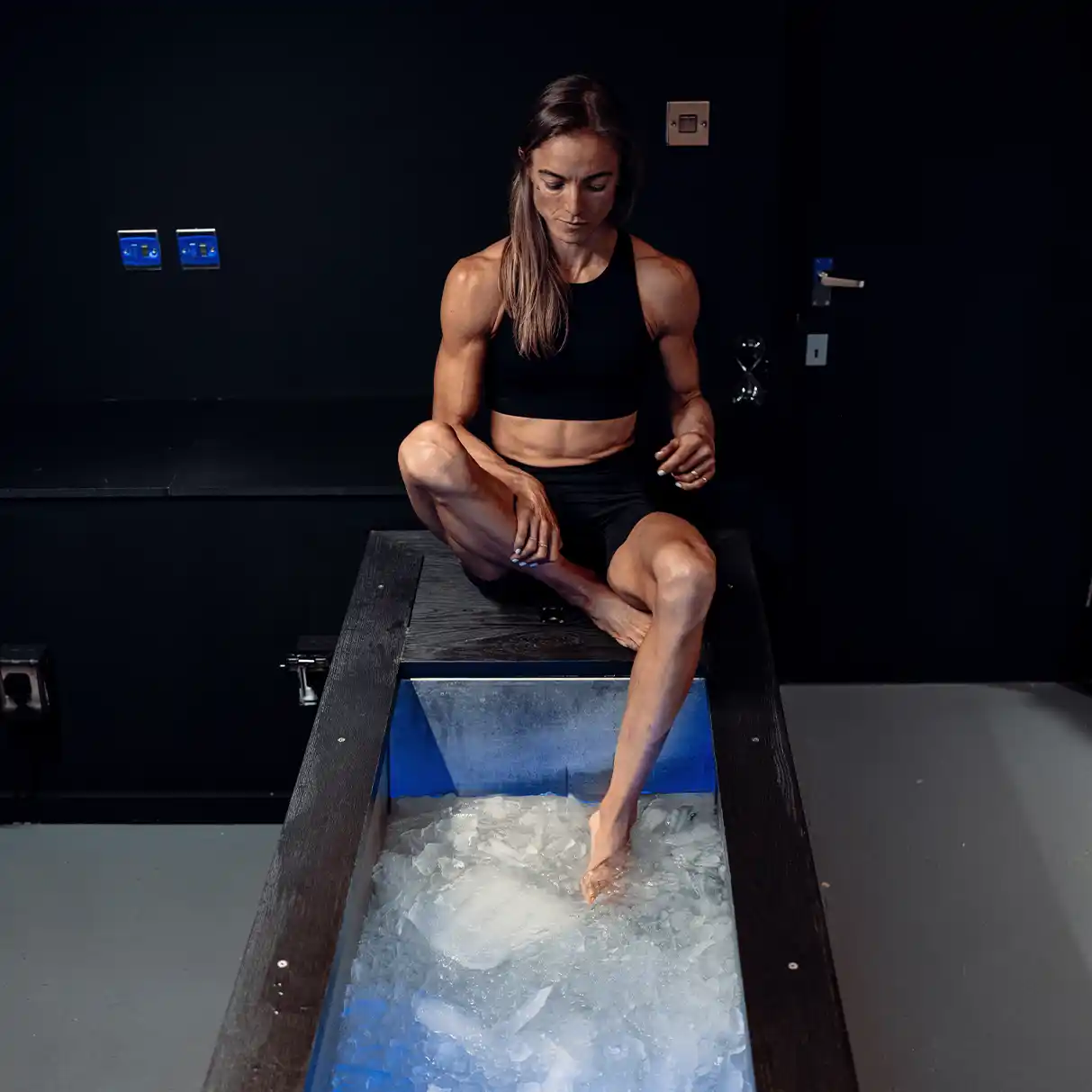Ice baths may seem like a modern trend, often associated with athletes and fitness enthusiasts, but their roots run deep into history. They illustrate a long-standing belief in the therapeutic benefits of cold water. This historical perspective not only enriches our understanding of cold water immersion but also highlights its enduring relevance in health and wellness practices.
Ancient Beginnings
The practice of cold water immersion dates back thousands of years, with ancient civilisations like the Greeks and Romans recognising its health benefits. These cultures integrated cold baths into their daily routines, not just for cleanliness but as a crucial element of their social and medicinal practices. This historical use underscores a foundational belief in the restorative powers of cold water, a concept that has persisted through the ages.
From Relaxation to Medical Treatment
Initially, cold baths were geared towards general well-being, offering pain relief and a method for treating various ailments, including fevers. Over time, these practices were refined and incorporated into more formal medical treatments. Until the late 1950s, cold water immersion was a prominent feature in medical texts and therapies, highlighting its significance in historical health practices.
Shift to Athletic Recovery
The 1960s marked a pivotal shift in the application of ice baths, moving from general health and medical treatment to a focus on sports science. Athletes and trainers began to adopt ice baths as a method to aid muscle recovery after intense physical exertion. This shift was driven by a growing body of research and anecdotal evidence suggesting that cold water immersion could significantly reduce muscle soreness and improve recovery, making it a staple in athletic training regimens.
Modern Research and Exploration
Today, the exploration of ice baths has expanded beyond muscle recovery. Modern research delves into cold water immersion’s broader physiological and psychological effects. Scientists are investigating how practices like those of Wim Hof, known for withstanding extreme cold exposures, can influence the human body’s response to cold. This ongoing research continues to uncover potential benefits of ice baths that extend beyond physical recovery, suggesting implications for mental health and overall resilience.
In cold conclusion
The history of ice baths is as rich as it is long, stretching from ancient civilisations to modern-day science. This enduring practice has evolved through the centuries, adapting to the needs and understandings of different eras but always maintaining a core belief in its health benefits. Whether used by ancient Greeks, Victorian doctors, elite athletes, modern wellness enthusiasts, or everyday people, ice baths continue to chill our bodies and spark our fascination, proving that sometimes, the best wellness tools are those that have withstood the test of time.



